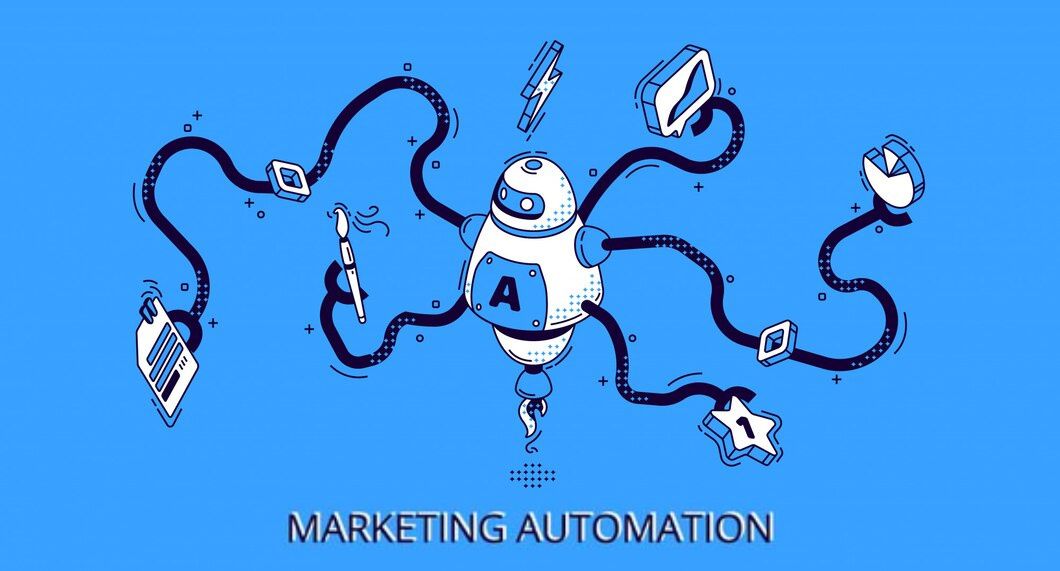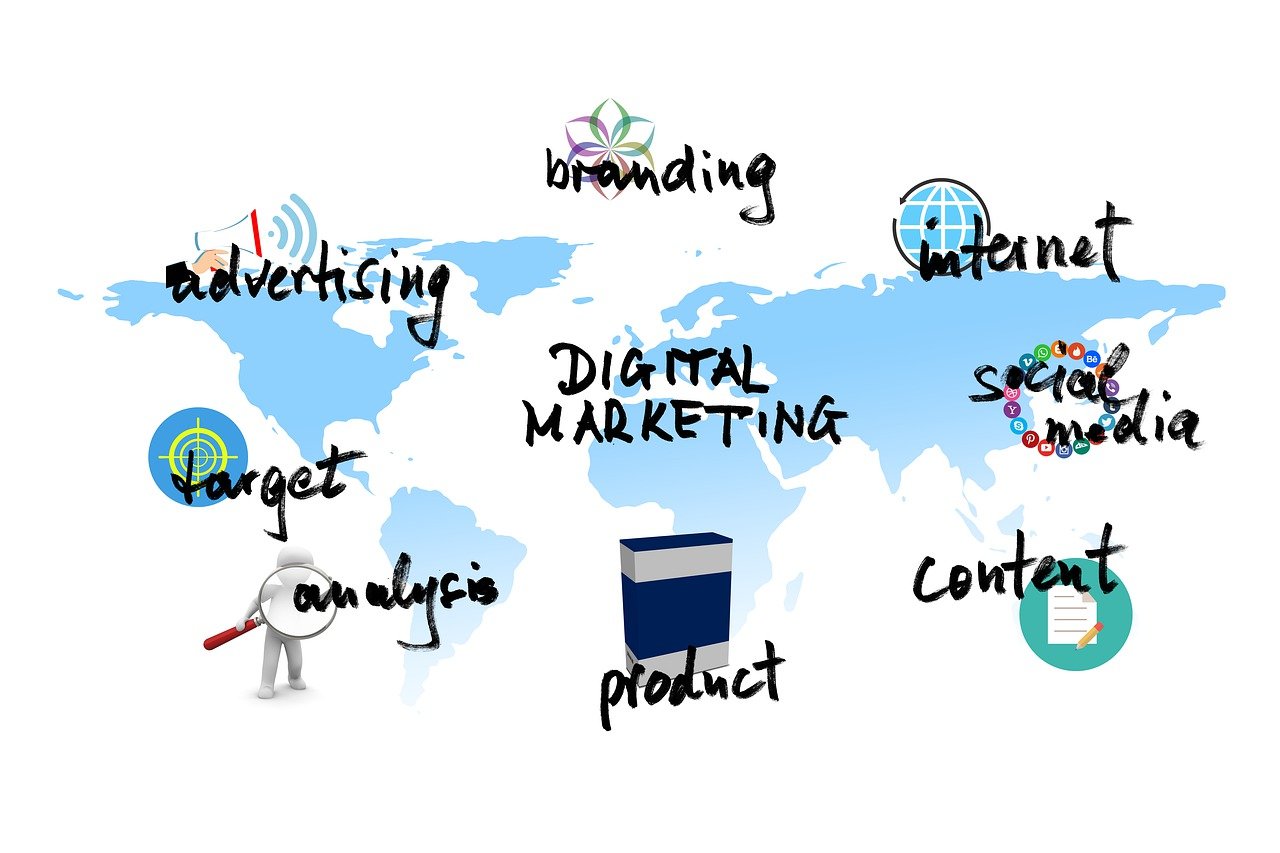Automating Success: A Startup's Guide to Cutting-Edge Marketing Strategies
Unlock the transformative power of marketing automation with our comprehensive guide tailored for startups. Streamline customer journeys, craft precision-targeted campaigns, and overcome integration challenges. Dive into case studies, explore future trends, and equip your startup with strategies for sustainable growth.
In the ever-evolving realm of startups, the transformative power of marketing automation has emerged as a catalyst, propelling businesses to unprecedented levels of efficiency and success. This comprehensive guide navigates through the intricacies of harnessing cutting-edge marketing automation strategies meticulously crafted for the unique landscape of startups.
The Power of Marketing Automation
Streamlining Customer Journeys
Beyond mere convenience, marketing automation orchestrates a seamless symphony of customer interactions. By automating repetitive tasks, startups can strategically allocate resources, enabling a focused approach to crafting personalized and engaging experiences for their audience.
Targeted Campaigns with Precision
A hallmark benefit of marketing automation lies in its ability to intricately dissect data. Startups can leverage this power to craft hyper-targeted campaigns, ensuring that every message resonates with the right audience at precisely the right moment.
Implementing Marketing Automation in Startups
Choosing the Right Platform
The pivotal decision of selecting the ideal marketing automation platform is explored in depth. We navigate through the nuances of popular options, considering factors such as scalability, ease of integration, and customization capabilities.
Building Dynamic Email Campaigns
While email marketing remains a linchpin in startup strategies, discover how marketing automation breathes vitality into email campaigns. From personalized drip sequences to behavior-triggered responses, explore the dynamic possibilities that automation unfolds.
Case Studies: Unveiling Success Stories
Startup A: Scaling Customer Acquisition
Embark on the journey of Startup A and learn how they harnessed the power of marketing automation to scale customer acquisition. Dive into the intricacies of lead scoring and nurturing, witnessing the transformation of prospects into loyal patrons.
Startup B: Enhancing Customer Retention
Delve into the narrative of Startup B, unraveling how automation became the linchpin in bolstering customer retention. Through targeted loyalty programs and personalized engagement, witness the evolution of a startup's relationship with its audience.
Overcoming Challenges in Marketing Automation
Navigating Integration Complexities
Despite the immense benefits, integrating marketing automation can pose challenges. This guide provides a roadmap to navigate the integration journey smoothly, ensuring minimal disruptions to the operational flow.
Ensuring Data Security and Compliance
In the digital age, the trust of your audience hinges on robust data security. This section outlines best practices to fortify your marketing automation setup, ensuring compliance with data protection regulations.
Future Trends in Marketing Automation
AI-Powered Personalization
Peer into the future where marketing automation converges with artificial intelligence. Explore how AI-driven personalization is poised to redefine customer experiences, elevating startups to unprecedented levels of engagement.
Integrating Chatbots for Instant Engagement
As customer expectations evolve, integrating chatbots into marketing automation becomes paramount. Uncover how startups can leverage this technology to provide instant, personalized interactions, meeting the evolving needs of their audience.
Conclusion
In the competitive landscape of startups, innovation is the key to staying ahead. Embrace the potential of marketing automation to not only keep pace but to lead the charge. This guide equips startups with the insights and strategies needed to harness the full potential of automation, driving sustainable growth and ensuring a lasting imprint in the market.
Share This Post
Related Articles
What is digital marketing?
Digital marketing is the use of online platforms and channels to promote a brand, product, or service. It involves creating and distributing content that attracts, engages, and converts potential customers. Digital marketing can include various strategies such as search engine optimization, social media marketing, email marketing, content marketing, video marketing, and more. Digital marketing can help businesses reach a wider audience, increase brand awareness, generate leads, and boost sales.
What is a Strategy in Digital Marketing?
Strategy in digital marketing is the process of planning, implementing, and evaluating online campaigns that aim to achieve specific business goals. A good strategy should be based on a clear understanding of the target audience, the competitive landscape, the available resources, and the desired outcomes. A strategy should also be flexible and adaptable to changing market conditions and customer feedback.
Content is King: Effective Content Marketing Strategies
Discover the art of content marketing! Dive into effective strategies, FAQs, and expert insights to elevate your content game.
Types of Digital Marketing
Digital marketing is the use of online platforms and channels to promote a product, service, or brand. There are many types of digital marketing
10 Reasons You Need a Digital Marketing Strategy
If you want to grow your business online, you need a digital marketing strategy. A digital marketing strategy is a plan that outlines how you will use different online channels and tools to reach your target audience, achieve your goals, and measure your results.
Related FAQ
No related FAQ.
Say Hello
To Your Dream





